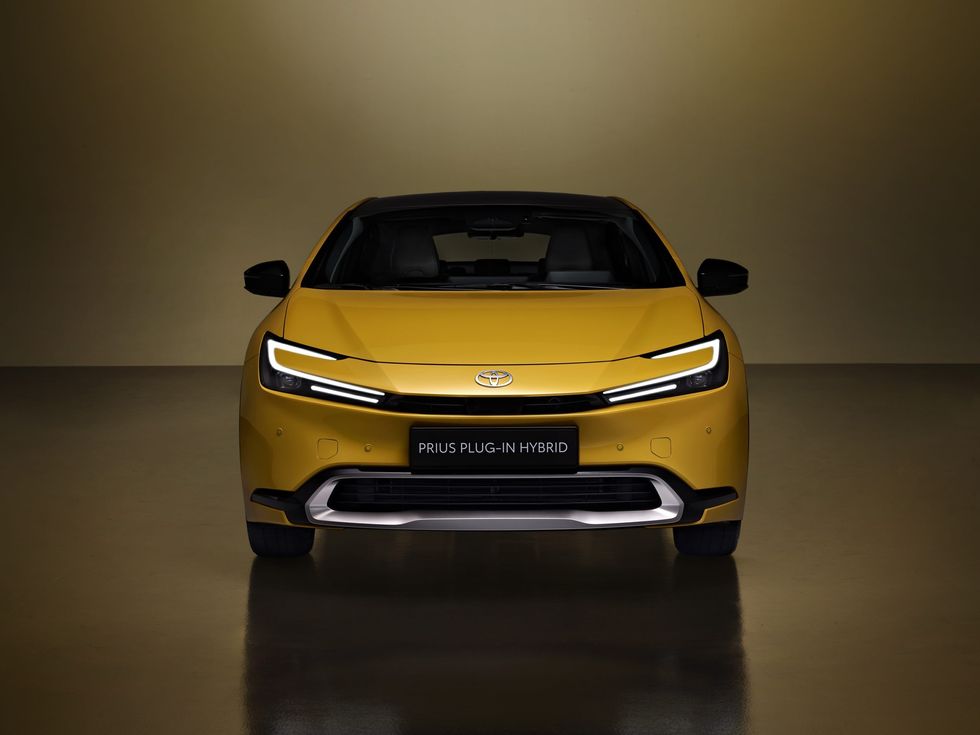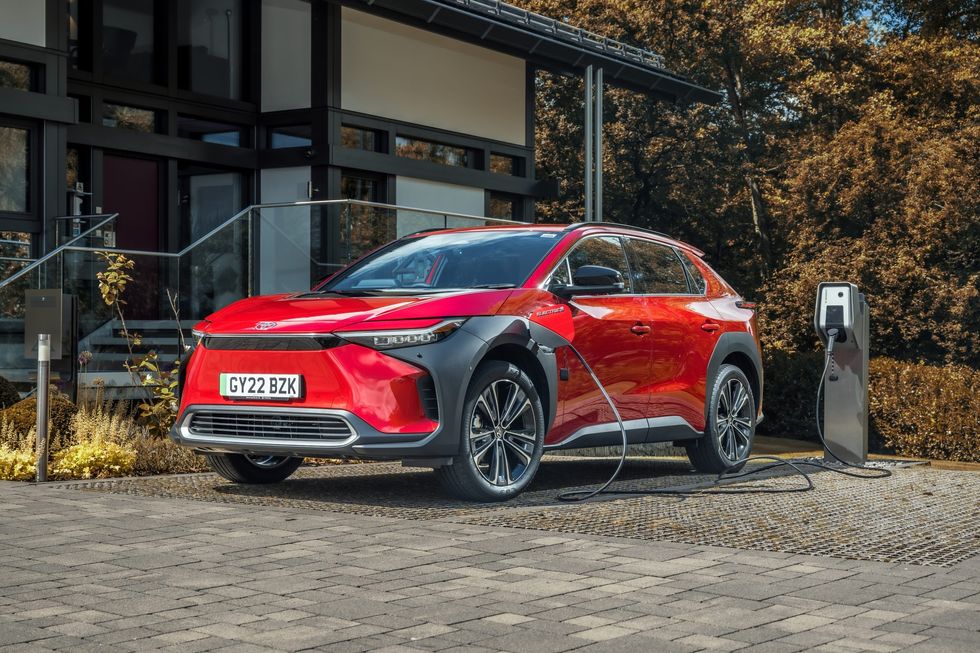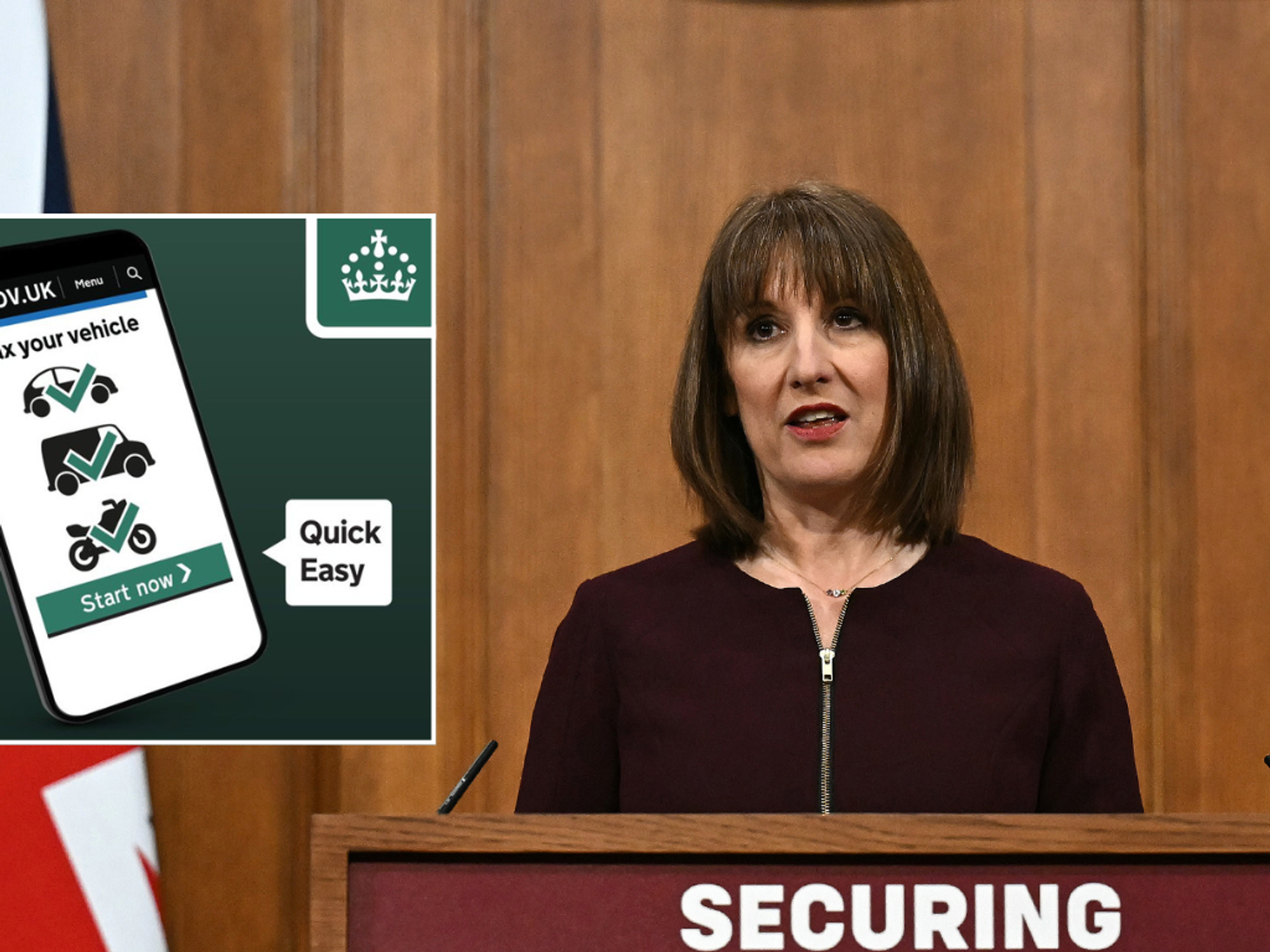Toyota has just one electric car on the market - the bZ4X
TOYOTA
Don't Miss
Most Read
Trending on GB News
Toyota Motor is reportedly planning to significantly reduce its electric vehicle production targets for 2026, according to reports from Japan.
The world's largest carmaker is set to cut its global output forecast from 1.5 million to one million electric vehicles, Nikkei has claimed.
It represents a roughly 30 per cent reduction from the previously announced sales forecast for the same year.
The decision comes amidst a slowdown in the global EV market, with suggestions that Toyota has already notified its parts suppliers of the change in plans.
Do you have a story you'd like to share? Get in touch by emailingmotoring@gbnews.uk

Toyota has been the world leader in plug-in hybrid vehicles
TOYOTAThe Japanese automaker, which has focused heavily on hybrid vehicles, sold approximately 100,000 EVs in 2023 and around 80,000 from January through July this year.
Despite the reduction, the new 2026 forecast still represents a substantial increase in EV sales for Toyota compared to current figures.
Toyota has responded to these reports, stating that its aim remains to produce 1.5 million electric cars in 2026, clarifying that this figure is a "benchmark" rather than a "target".
Research from the Society of Motor Manufacturers and Traders (SMMT) reported that Toyota has sold 62,671 vehicles so far this year, making it one of the most popular brands.
Toyota only has one electric car on the market - the bZ4xX. The all-electric vehicle has a total range of up to 318 miles and a rapid charging time of just 32 minutes to charge from 10 per cent to 80 per cent.
It also has four five models of its electric van including the Proace, Proace City, Proace Electric, Proace City Verso EV and the all-new Proace Max.
Toyota is not alone in reassessing its EV strategy, with Volkswagen considering closing one of its main factories in Germany due to high EV investment costs, which has been met with fury from workers.
Reuters reported that workers were chanting "Auf Wiedersehen" to bosses when they were told of the potential measures being introduced, as well as Germany's biggest union warning that strikes are likely.
Nikkei also claimed that General Motors was planning to delay production of large EVs at its Michigan plant by two years, while Ford Motor has halted development of large electric SUVs.
Volvo Cars has abandoned its plan to only sell electric vehicles from 2030 by targeting at least 90 per cent of sales by the end of the decade, with the remaining 10 per cent coming from hybrids.
The latest SMMT sales figures from August show that EVs account for 17 per cent of new registrations, while petrol and diesel sales continued to slump.
Industry forecasts suggest this might rise to 18.5 per cent by year-end with the arrival of new models, particularly from Chinese brands that can offer cheaper models.
LATEST DEVELOPMENTS:

Toyota is not the only brand to reasses its EV strategy
TOYOTAExperts are confident that manufacturers will be able to adhere to the Zero Emission Vehicle mandate which outlines how 22 per cent of vehicle sales must come from EVs by the end of the year.
This will slowly increase over the coming years before reaching 80 per cent of new cars and 70 per cent of new vans in 2030 and 100 per cent of new vehicles five years later.
GB News has contacted Toyota for a comment.








